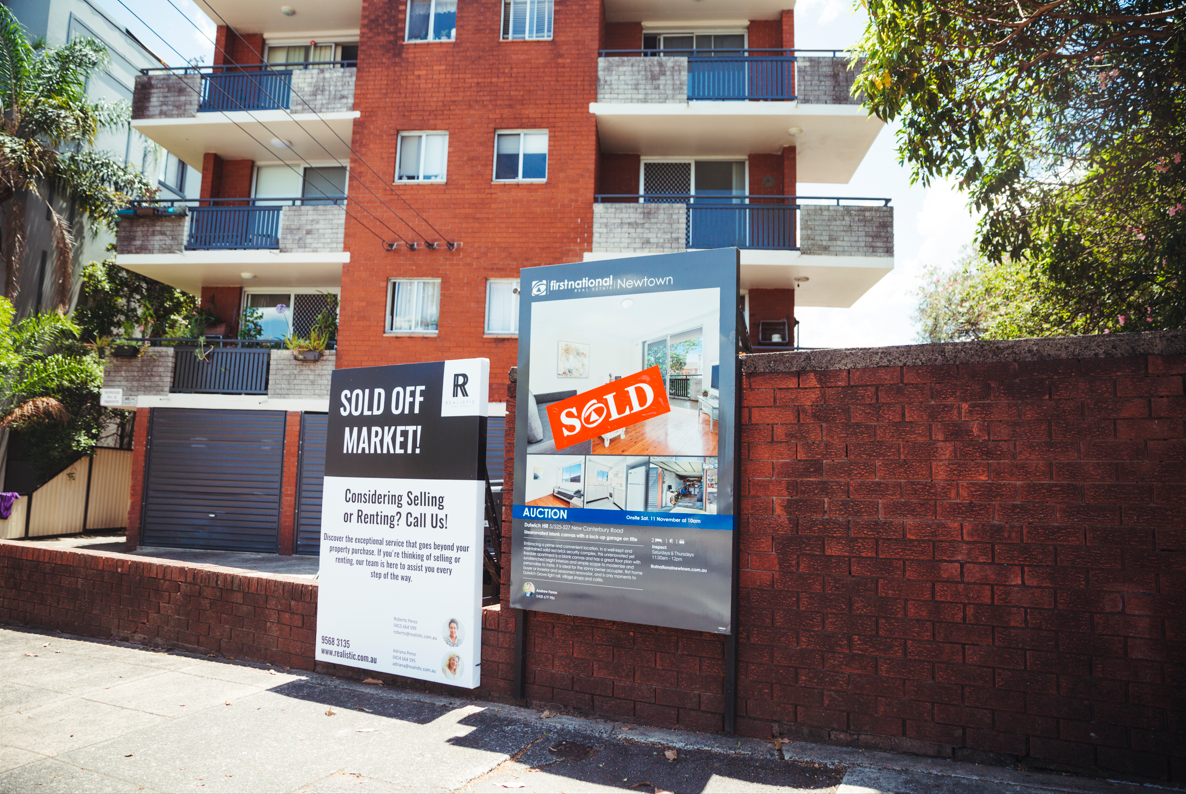Sydney remains Australia's costliest rental city despite the national market cooling significantly.
The NSW capital remains the country's most expensive for renters across all property types, according to CoreLogic's quarterly rental review released today.
The typical rent for houses sits at $811 per week and the typical unit pulls in $710 p/w.
READ MORE: Hamas accepts draft agreement for Gaza ceasefire and release of hostages, officials say

The most expensive suburb to rent in Sydney for a house was Vaucluse in the city's eastern suburbs ($2199p/w) and the cheapest suburb was Tregear ($536p/w) in the city's west.
Looking at the national picture, rent values rose by 0.4 per cent last December, the smallest fourth-quarter change since 2018.
Stronger rent rises saw Perth become the second most expensive city to rent, with a median weekly rental value of $695 p/w.
Melbourne recorded the largest decline in rents during the final quarter of last year, down by 0.5 per cent. The city's median rent for a house is $633, while renters fork out $556 for a typical apartment.
Hobart maintained its title as Australia's most affordable rental capital and was the only capital to record a median weekly rental value under the $600 mark, at $554.
The data shows the national rental market has well and truly passed the peak of the recent boom, with experts pointing to expensiveness as a big driver.
"Rental affordability continues to be a significant drag on rental growth," said CoreLogic economist, Kaytlin Ezzy.
She said since the start of the pandemic, rents have increased by 36.1 per cent across Australia, equivalent to a rise of $171 per week, or $8884 per year at the median level.
The research also shows how paying rent is taking a huge slice of tenants' incomes.
Last September, renters earning a median income were spending about 33 per cent of annual pre-tax income to service the median rent. The figure was the highest portion since CoreLogic started tracking rental affordability in 2006.
"The net result has potentially seen some prospective renters delay their decision to leave the family home, while others have looked to form larger share households as a way of distributing the additional rental burden," said Ezzy.
from 9News https://ift.tt/Fnux4jO
via IFTTT
Comments
Post a Comment